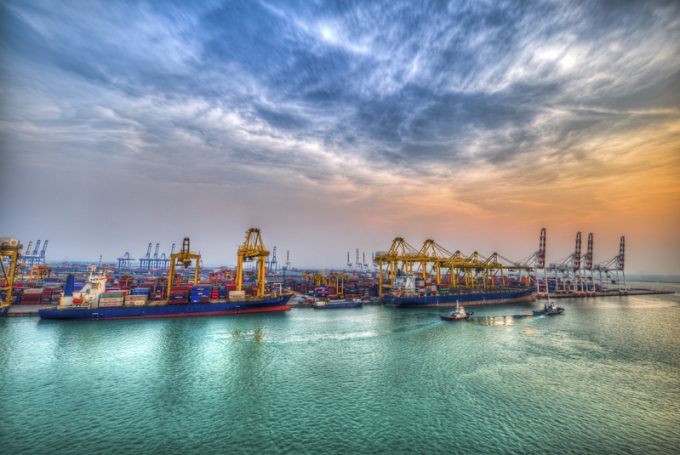Competition concerns over DP World takeover of Silk Logistics
Australia’s Competition Commission (ACCC) has flagged a series of concerns over DP World’s proposed acquisition ...

DP World is developing its automotive logistics capabilities in South-east Asia, as the region’s preference for four wheels over two shows no sign of slowing.
According to Andrew Hoad, the terminal operator’s chief executive for Asia Pacific, around 5% of all throughput at DP World’s terminals is tied to the automotive sector.
Mr Hoad told The Loadstar: “At the moment, we provide automotive services in Vietnam and in the Philippines. Our ambition is to have a robust automotive presence in Indonesia and Thailand ...
Maersk u-turn as port congestion increases across Northern Europe
Apple logistics chief Gal Dayan quits to join forwarding group
Maersk Air Cargo sees volumes fall as it aims for 'margin in favour of revenue'
Houthis tell Trump they will end attacks on Red Sea shipping
Transpac rates hold firm as capacity is diverted to Asia-Europe lanes
Airlines slash freighter capacity post-de minimis, but 'the worst is yet to come'
MSC revamps east-west network as alliance strategies on blanking vary
India-Pakistan 'tit-for-tat' cargo ban sparks sudden supply chain shocks


Comment on this article